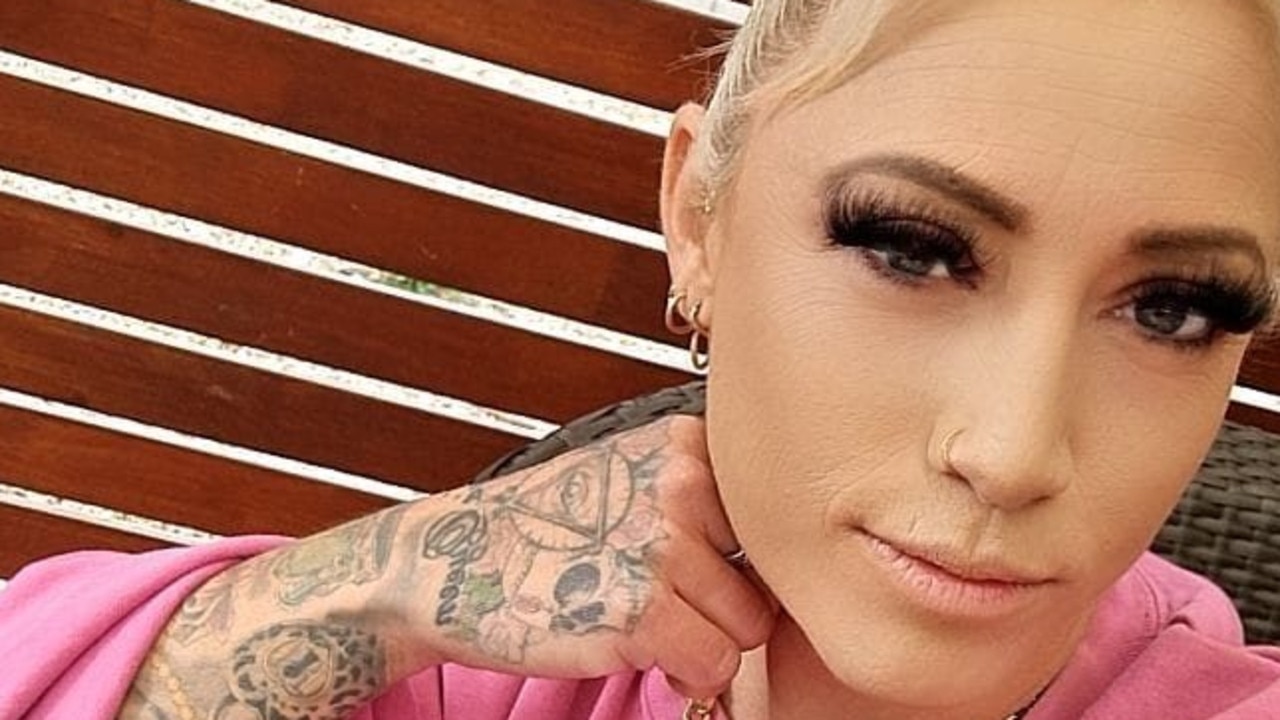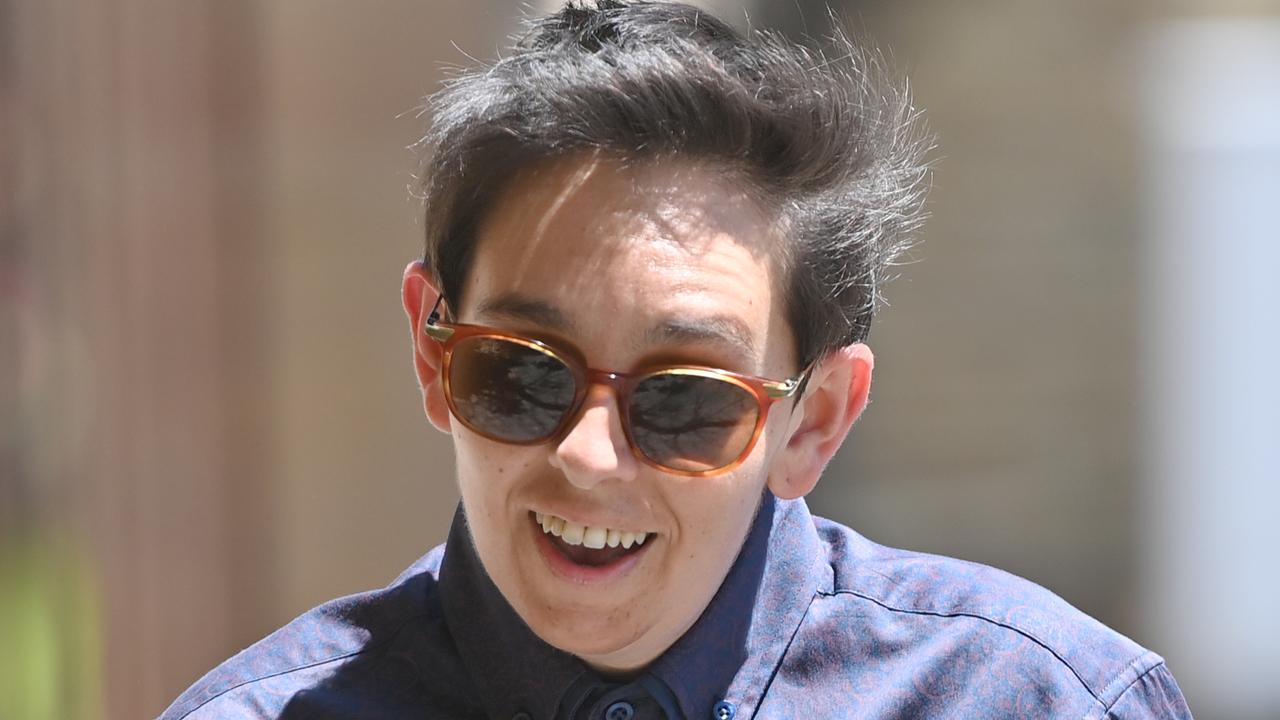Indigenous psychology student Michael Cullen found his calling while he was in a mental health facility
Michael Cullen is helping a group of people who suffer an alarmingly high rate of suicide – but he ended up in the darkest of places before he could begin.
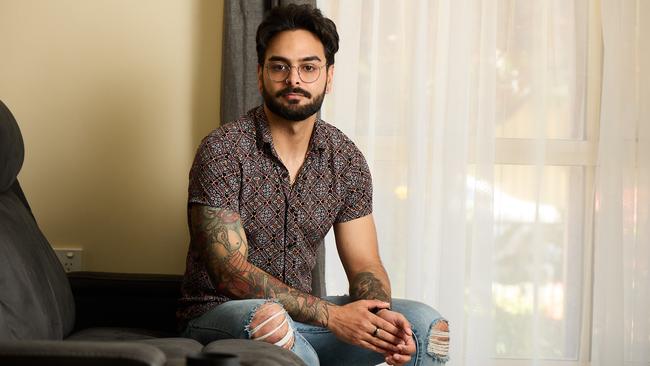
SA News
Don't miss out on the headlines from SA News. Followed categories will be added to My News.
After struggling with a major depressive and anxiety disorder, Michael Cullen went into a dark place in 2019.
At the height of his struggle, he ended up in a mental health facility. But that is also where he found his calling.
It was there that he decided he wanted to do something to not only help himself, but others battling mental health issues.
“I guess I visited a very dark place and I wanted to help prevent people from landing in the pitfalls that I had,” he said.
“While I was in the mental health facility, I decided to study psychology and theology.”
Once he left the facility, Mr Cullen, a Ngarrindjeri and Narungga man, applied to the University of Adelaide, where he is currently in his fourth and final year of psychology.
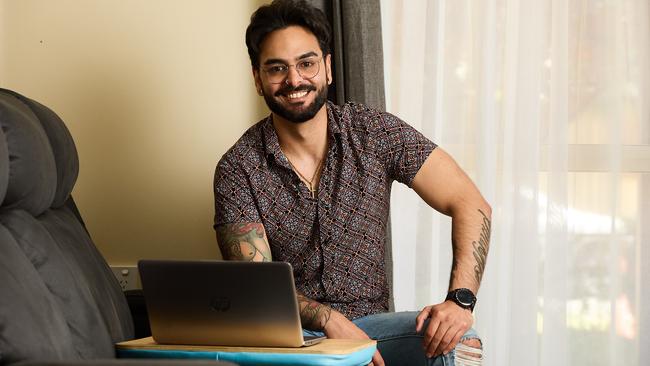
He said he wants to use his degree to identify and address the gaps in mental health care between Indigenous and non-Indigenous people.
“Ideally, I would like to help everyone in the community as suffering is universal throughout humanity,” he said.
“However, I do understand that there is a severe deficit in mental health care for Aboriginal people.
“I would like to understand the system to an extent where I can identify the gaps hurting our (Indigenous peoples) approaches to psychic harmony.”
His entry into university was supported with a scholarship by the Westerman Jilya Institute for Indigenous Mental Health.
The institute was founded by Nyamal woman Dr Tracy Westerman in response to the suicide deaths of 13 Indigenous people in Western Australia’s Kimberley Region from late-2013 to mid-2017.
Five of the deaths were children aged between 10 and 13, which Dr Westerman said compelled her to do something.
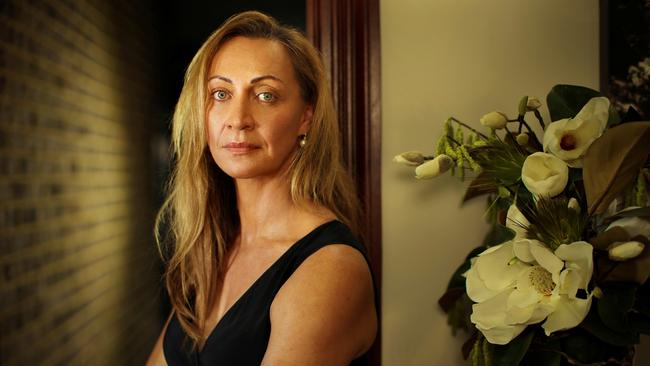
“Jilya actually means ‘my child’ in my traditional Nyamal language and this is about our children having suicide rates sort of six times that of non-Indigenous children,” she said.
“It was something that as an Indigenous psychologist I really couldn’t ignore anymore.
“Unfortunately, the Kimberley region in particular, have had, for decades now, the highest suicide rates in Australia by a country mile.
“The reasons why children were dying at the rate they were was just because of a lack of access to clinically and culturally competent services.”
Since Jilya was launched in 2020, the institute has gone on to raise more than $800,000 to provide scholarships for students from various universities across the country.
Her institute has been able to provide 10 scholarships per year for students in each state and territory, including several in SA.
Dr Westerman said she wants to “build an army of Indigenous psychologists” to address the higher rates of suicide in Indigenous communities.
Death disparity we need to fix
By Douglas Smith and Lauren Novak
Young Indigenous South Australians are dying by suicide at a rate 2.5 times higher than among non-Indigenous youths.
Australian Bureau of Statistics data shows that in the decade to 2020 there were 279 suicides by people aged five to 24 in SA, including 28 Aboriginal or Torres Strait Islander youths.
Of those Indigenous young people, 16 took their lives in Greater Adelaide and 12 in regional or remote parts of the state. Between 2011 and 2020 that rate of suicide deaths reached 15.6 deaths for every 100,000 Indigenous youths aged five to 24, compared to 6.1 deaths for non-Indigenous youths.
Yvonne Clark has worked as a clinically endorsed psychologist for the past 21-years and recently gained her PhD in Psychology.
A Kokatha and Wirangu woman from the west coast of SA, Dr Clark is one of less than 300 Indigenous psychologists in the country, a number she says plays a role in the high suicide rates for First Nations people. She said addressing mental health issues in Indigenous communities was “complex” as there were many contributing factors.
“Aboriginal social determinants means that Aboriginal people are vulnerable to developing a mental health problem,” she said. “This is not a profession that Aboriginal people are engaging in well.
“These determinants are racism, trauma, including intergenerational and transgenerational, violence, social problems (and) high incarceration rates.
“There are also high unemployment and housing needs, to name a few. A lot of the measurements show continued disadvantage, social issues and poverty – therefore vulnerability continues.”
The highest rate of youth suicides in SA was recorded in an area covering the Eyre Peninsula, Outback and Far North of the state.
The region takes in major centres including Port Augusta, Whyalla and Port Lincoln, towns such as Ceduna, Yalata, Coober Pedy, Woomera and Leigh Creek and communities on the Anangu Pitjantjatjara Yankunytjatjara Lands.
The youth suicide rate in the region rose from 10.5 deaths per 100,000 young people between 2011 and 2015 to 11.5 over the following five years.




